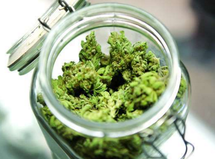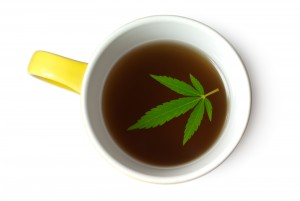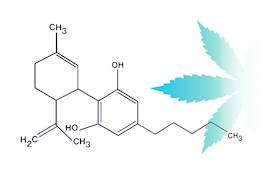|
Some patients tell me that Cannabis doesn’t improve pain, it just relaxes them or helps sleep. My first Cannabis patient handed me his remaining opiate prescription saying, “I don’t need these anymore.” From my perspective, that was all the proof I needed. Whether it alleviated his pain, improved his sleep, or reduced his stress, Cannabis improved his life because it was far less risky than opiates.
One in five people live with chronic pain. In some countries, chronic pain is estimated at 25% of the population. Two out of three people report that their chronic pain is moderate to severe and half of them have experienced chronic pain for more than ten years. Chronic pain often occurs with other problems, including insomnia, anxiety, depression, post-traumatic stress, and substance use disorders. A recent study by physicians in British Columbia, Canada reviewed evidence on the use of Cannabis Based Medicine on Chronic Pain. The authors specifically avoided reviewing studies on synthetic cannabinoids. They only evaluated products derived from the plant. Why? Because that’s what the community uses. Synthetic THC has been available as prescription medicine for over four decades. It’s been approved for nausea from chemotherapy. A recent study surveyed cancer patients and survivors on the Cannabis products they were using. Most respondents (60%) reported using products mostly containing THC instead of products containing CBD or both. The finding conflicts with certain regions that permit only low THC products for medical purposes. “Cannabis use is becoming more common among cancer patients and survivors, who often consume products to alleviate cancer symptoms and treatment side effects,” says the study’s senior author, Danielle Smith, PhD, MPH, Cannabis doesn’t fit the medical paradigm, yet it treats, cures, or simply reduces harm. The medical and pharmaceutical industries struggle with the variable, multi-agent botanical like trying to fit a square peg into a round hole. To me, that’s a sign that calls for innovation. Rather than reduce the plant to single agent products, let’s accept what it is and learn to work with it. That approach might work for many things in life. Let’s get to it. |
AuthorJean Talleyrand, M.D., Archives
September 2023
Categories |
Mailing Address: MediCann 1336 Willard Street, C • San Francisco, CA 94117
Important Disclaimer!
The information contained in this site does not intend to replace any medical advice or care by a trained physician.
Any use of this information is solely the the responsibility of the user.
Important Disclaimer!
The information contained in this site does not intend to replace any medical advice or care by a trained physician.
Any use of this information is solely the the responsibility of the user.
© COPYRIGHT 2015. ALL RIGHTS RESERVED.


 RSS Feed
RSS Feed


